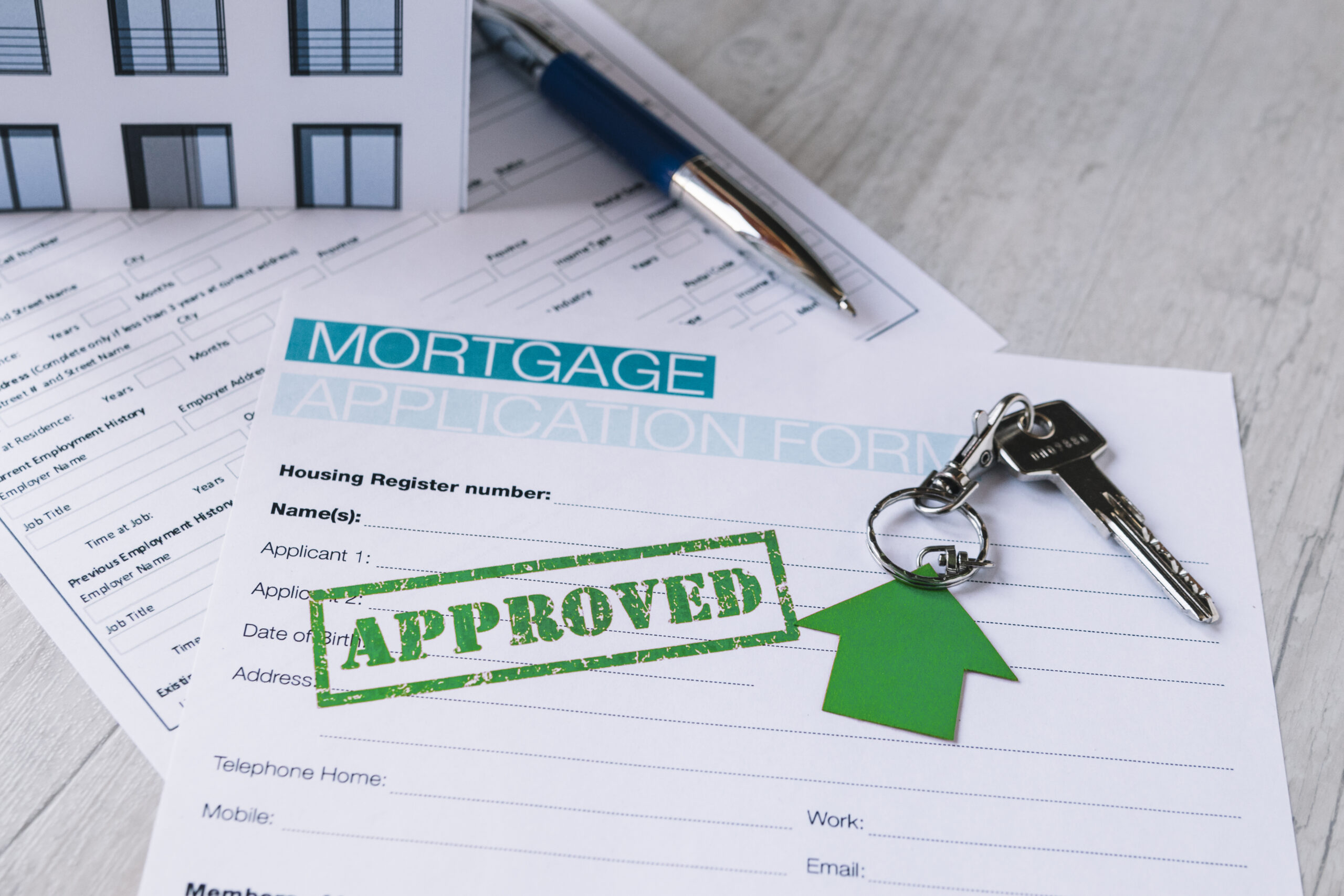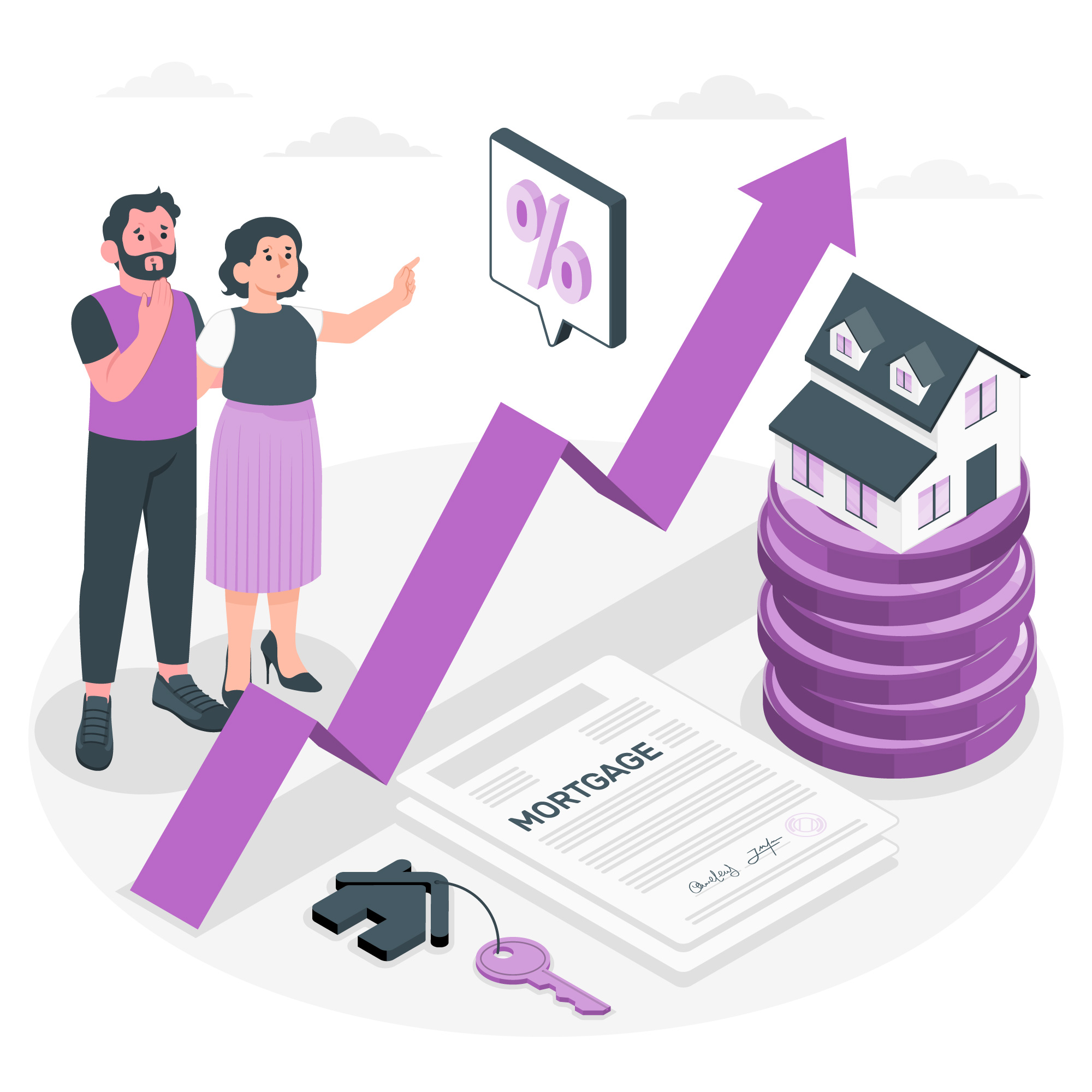
Best Mortgage Tips: Top Advice for New Homebuyer
Buying your first home is an exciting journey, but it can also be overwhelming. Navigating the mortgage process is a critical step, and it’s essential to arm yourself with the right knowledge to make informed decisions. In this guide, we’ll cover the best mortgage tips to help best mortgage tips new homebuyers like you secure the best possible deal.
Understanding Mortgages
Before diving into tips, it’s crucial to understand what a mortgage is. A mortgage is a loan used to purchase a home. The property itself serves as collateral, meaning if you fail to make payments, the lender can take back the house.
Types of Mortgages
There are various types of mortgages, each with its own set of terms and conditions. Here are the most common ones:
- Fixed-Rate Mortgages: The interest rate remains the same throughout the loan term.
- Adjustable-Rate Mortgages (ARMs): The interest rate can change periodically based on the market.
- FHA Loans: These are backed by the Federal Housing Administration and are designed for low-to-moderate-income borrowers.
- VA Loans: Available to veterans and active-duty service members, these loans are backed by the Department of Veterans Affairs.
- Jumbo Loans: These loans exceed the conforming loan limits set by the Federal Housing Finance Agency.
Tip 1: Check Your Credit Score
Your credit score plays a significant role in determining your best mortgage tips interest rate. A higher credit score can help you secure a lower interest rate, saving you thousands of dollars over the life of the loan. Here’s how you can improve your credit score:
- Pay your bills on time.
- Reduce your debt.
- Avoid opening new credit accounts right before applying for a mortgage.
- Check your credit report for errors and dispute any inaccuracies.
Tip 2: Save for a Down Payment
The size of your down payment can significantly impact your mortgage terms. While some loans allow for as little as 3% down, aiming for a higher down payment can benefit you in several ways:
- Lower monthly payments.
- Reduced interest rates.
- Avoiding private mortgage insurance (PMI) if you put down at least 20%.
Tip 3: Get Pre-Approved
Before you start house hunting, get pre-approved for a mortgage. Pre-approval gives you a clear idea of how much you can afford and shows sellers that you are a serious buyer. To get pre-approved, you will need to provide financial documents, such as:
- Proof of income (pay stubs, tax returns).
- Proof of assets (bank statements).
- Credit history.
Tip 4: Compare Mortgage Lenders
Don’t settle for the first lender you find. Shop around and compare offers from multiple lenders to ensure you get the best deal. Consider the following when comparing lenders:
- Interest rates.
- Loan terms.
- Fees and closing costs.
- Customer service reviews.
Tip 5: Understand Mortgage Rates
Mortgage rates can be confusing, but understanding how they work is essential. There are two types of rates you should know about:
- Fixed Rates: Remain the same throughout the loan term.
- Variable Rates: Change based on market conditions.
Consider your financial situation and long-term plans when choosing between a fixed or variable rate.
Tip 6: Factor in All Costs
When budgeting for a home, it’s important to consider all associated costs, not just the mortgage payment. Additional costs include:
- Property taxes.
- Homeowners insurance.
- Maintenance and repairs.
- Utilities.
- HOA fees (if applicable).
Tip 7: Avoid Major Financial Changes
Once you start the mortgage application process, avoid making any major financial changes, such as:
- Changing jobs.
- Making large purchases.
- Opening or closing credit accounts.
These changes can affect your credit score and debt-to-income ratio, potentially jeopardizing your mortgage approval.
Tip 8: Read the Fine Print
Before signing any mortgage documents, read the fine print carefully. Understand all terms and conditions, including:
- Interest rate and whether it’s fixed or adjustable.
- Loan term.
- Monthly payment amount.
- Prepayment penalties.
- Closing costs.
If you have any questions or don’t understand something, ask your lender for clarification.
Tip 9: Consider the Length of the Loan Term
Mortgage loans typically come in 15-year, 20-year, and 30-year terms. Each has its own advantages and disadvantages:
- 15-Year Term: Higher monthly payments but lower overall interest costs.
- 30-Year Term: Lower monthly payments but higher overall interest costs.
- 20-Year Term: A balance between 15-year and 30-year terms.
Choose a term that aligns with your financial goals and budget.
Tip 10: Think Long-Term
When choosing a mortgage, think about your long-term plans. Consider factors like:
- How long you plan to stay in the home.
- Future financial goals.
- Potential changes in income.
Choosing a mortgage that aligns with your long-term plans can help you avoid financial strain down the road.
Bottom Line : How to Avoid Credit Card Fraud: Expert Tips
Conclusion
Buying a home is a significant financial commitment, but with the right knowledge and preparation, you can navigate best mortgage tips process with confidence. By understanding your options, improving your credit score, saving for a down payment, and shopping around for the best deal, you’ll be well on your way to securing best mortgage tips that fits your needs. Remember to read the fine print and consider all costs associated with homeownership to ensure you’re making the best decision for your financial future. Happy house hunting!






Leave a Reply